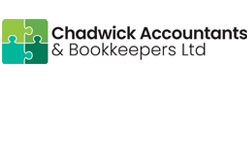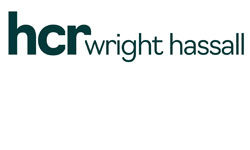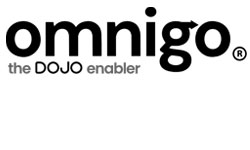Profit erosion caused by inflation – branded the invisible tax – has repeatedly been identified by the UK top 10 accountancy and advisory firm Azets as a red-flag issue. There is also concern that the budget increase in employer national insurance contributions (NICs) to 15% and the minimum wage rise of 6.7% will erode profitability even further.
According to the UK Parliament, the rise in NICs alone will impact around 940,000 employers and raise up to £25.7 billion a year for public services. Jonathan Rees is head of accounts and business advisory in the West, which has offices in Bristol, Cardiff, Gloucester, Plymouth, South Molton, St Asaph, Swansea and Truro.
He said: “Inflation is the hidden tax, and it is hurting many local businesses.
“Whilst inflation is now 3.5%, that figure is effectively the increase on prices already inflated by a significant percentage from the 41-year inflation rate high of 11.1% in October 2022.
“The peak was due to supply chain impacts of the pandemic and energy hikes related to Russia’s invasion of Ukraine, resulting in the well-documented cost-of-living crisis now translating across to a cost-of-business crisis.
“What we are concerned about are those companies with excellent services or goods which have already absorbed input prices and cost inflation, including pay rises for staff, over the past few years without improving efficiency and removing process waste nor putting up prices for end users.
“Due to the everyday pressures of operating a business, some company owners can neglect making changes to improve and maintain profitability levels, or lack proactivity, sometimes resulting in businesses walking backwards into the red, potentially into insolvency.
“It is easy to carry on doing what you did yesterday, last week, last month. However, in a challenging, fast-paced economic environment, this could result in disaster, particularly if your competitors are being proactive.”
Government figures show that there are nearly 220,000 businesses in the UK with between 10 to 49 staff, with an average turnover of just over £3.5m.
Jonathan said: “If an employer with up to 49 staff needed to achieve a turnover of £3.5m in 2019, to break even at that figure, the firm would need to keep pace with inflation with a breakeven turnover of nearly £4.5m this year, an increase of just under £970,000 over six years.
“That’s a hefty cumulative inflation rise of nearly 28%, so you can see how companies that don’t get a handle on improving efficiency and monitoring pricing start to falter, with more money going out than coming in and debts mounting.
“There is already significant pressure on profitability, especially if profit margins are already paper thin, such as those seen in construction, leisure, hospitality and retail, and that’s before the NICs and minimum wage hikes take effect.”

























